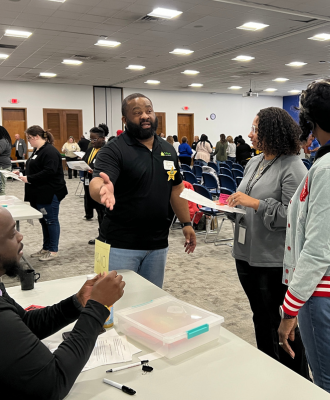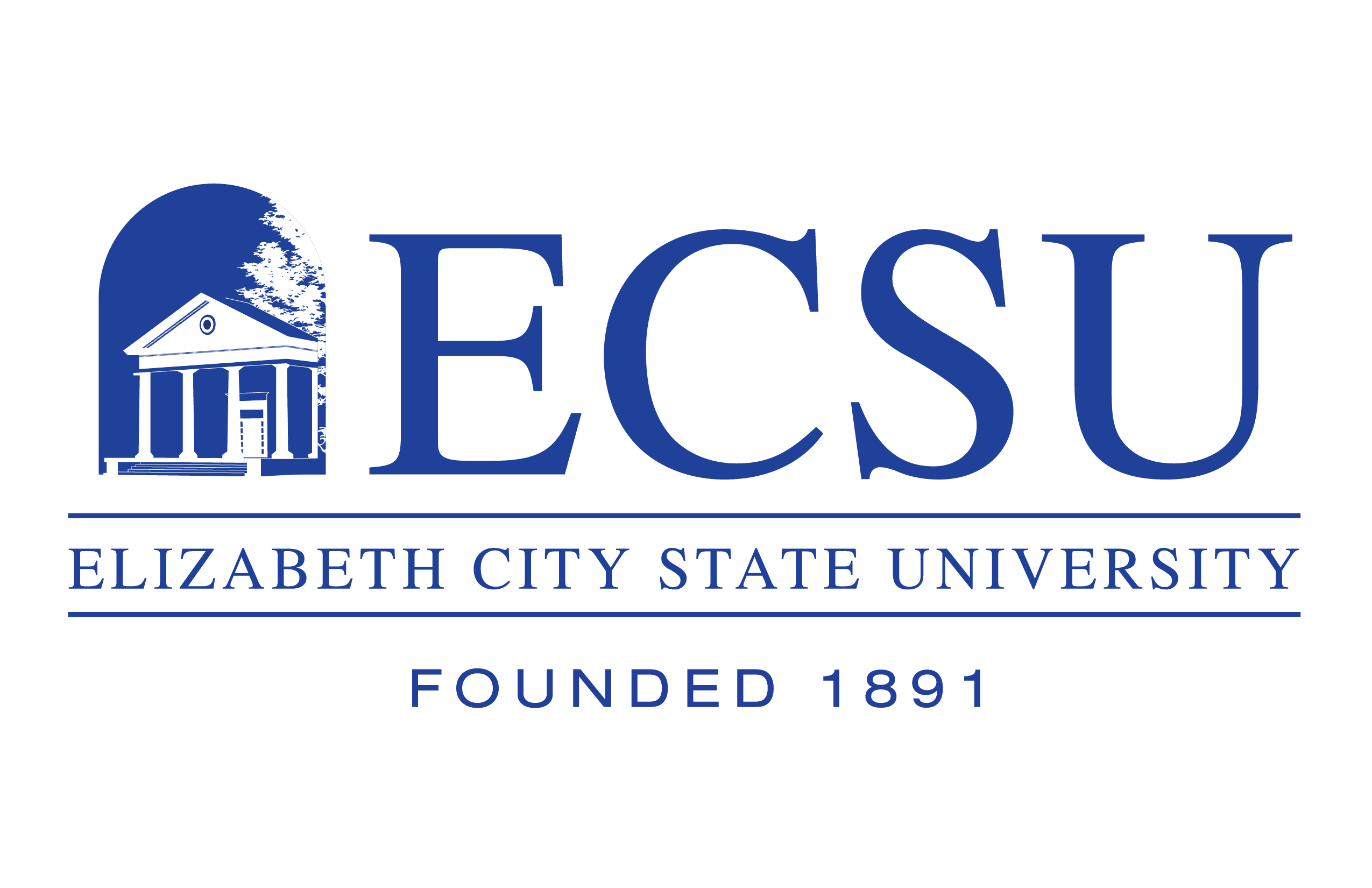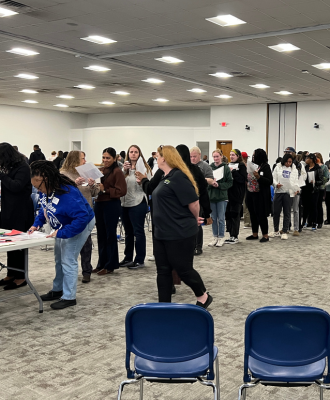Elizabeth City, N.C. — The journey from incarceration back into society is filled with obstacles, many of which remain unseen by the general public. But Jan. 29, students, faculty and community stakeholders at Elizabeth City State University (ECSU) stepped into the shoes of formerly incarcerated individuals to experience these challenges firsthand.
In partnership with Trillium Health Resources, ECSU’s Criminal Justice Program hosted its second Annual Trillium Reintegration Simulation, a real-life experience designed to show the real-life struggles of reentry. Participants navigated a series of tasks—finding employment, securing housing, attending mandatory treatment sessions and adhering to strict release conditions—all within a limited timeframe. Many quickly became overwhelmed as they faced barriers, and the reality of reintegration became strikingly clear.
“This simulation is an eye-opener,” said Tina Craddock, chair of the Department of Social Sciences. “It forces people to confront the systemic hurdles that often lead to re-offense. It’s not just about serving time. It’s about what happens afterward and how society either supports or fails individuals trying to rebuild their lives.”
The event disclosed the intersection of criminal justice, social services and mental health, and reinforced the need for strong community support systems. Students, many of whom will go on to work in law enforcement, corrections or social work, gained a deeper understanding of the policies and structures that can either aid or hinder successful reentry.

For Trillium Health Resources, the partnership with ECSU represents a continued commitment to education and advocacy. “By experiencing these struggles in a controlled setting, participants gain empathy and insight that can inform future policy changes and professional practices,” said Regional Vice President Bobbie Lowe of Trillium Health Resources.
With reentry programs remaining a critical component of criminal justice reform, events like the Trillium Reintegration Simulation serve as a reminder that second chances are only meaningful when they come with real opportunities.
As ECSU’s Criminal Justice Program looks ahead to future collaborations, the impact of this simulation will continue to shape the perspectives of students, professionals and the community.

